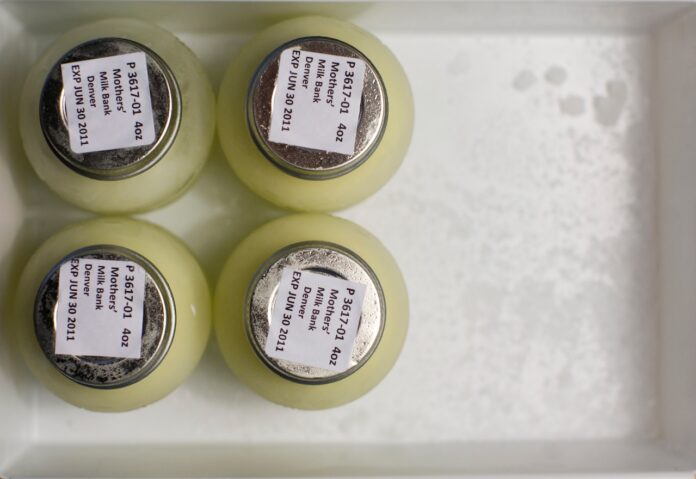CINCINNATI — It is a story that is all too common in the neonatal intensive care unit (NICU). A premature baby, who has overcome so much adversity in the first weeks of life but is now thriving, becomes suddenly ill with an intestinal infection. The infection, called necrotizing enterocolitis, spreads rapidly and cuts off blood flow to the intestines. The baby needs surgery to survive. A lifetime of complications, or even death, results.
As a neonatologist, I care for critically ill babies such as the one described above. Unfortunately, our infant mortality rate in the United States is unacceptably high and comparable to that of countries with much less resourced health care systems. Premature birth is the leading cause of infant mortality in the United States and is incredibly common – accounting for nearly 10% of all births. Congress is not doing enough to help these babies. Legislation that promotes the health of these especially fragile infants is desperately needed.
Beyond the cutting-edge technology and equipment to help babies we have in the NICU, one of the most effective therapies to promote the health of premature infants is breast milk. In fact, we call breast milk “liquid gold” in the NICU. Breast milk is the best nutrition to help babies grow, and one of the only proven effective therapies to prevent devastating infections like the one described earlier in this article. Mother’s own milk is best for babies — but is often not available, since many mothers who deliver prematurely have medical conditions or barriers to accessing care that prevent them from providing milk for their baby. In these cases, the second-best option is pasteurized human donor milk. The milk, pasteurized the same way as the cow’s milk you buy at the grocery store, provides many of the benefits of breast milk and can be lifesaving.
Unfortunately, there are barriers to accessing donor breast milk. Many babies, especially Black and Hispanic infants, are born at hospitals that do not have adequate supplies of donor breast milk or cannot afford to provide it. For this reason, extremely premature Black and Hispanic infants are five times less likely to receive donor milk than white infants.
There is no federal commitment to put donor milk into more hospitals and save the lives of more premature babies. The bipartisan “Access to Donor Milk Act,” pending since last year, is the first step in improving access to “liquid gold” and getting these frail infants the nutrition they need. The bill earmarks funds to educate expectant parents about the availability and benefits of donor milk. It would assist nonprofit, volunteer milk banks in recruiting donors and storing milk to ensure adequate supply for preterm babies. The funds from this bill would be reserved for times of crisis – for example, during a formula shortage (such as the one that occurred in 2022, when almost 50% of all facilities were out of formula stock and parents were desperate for nutrition to feed their infants).
The proposal would save lives and money. Study after study has demonstrated that donor milk saves money when compared to formula when used for babies in the NICU through preventing complications related to premature birth. For further perspective, one milliliter of donor milk is 1/100th the cost of one milliliter of insulin in the United States.

Dr. John Feister is a neonatologist in Cincinnati and a member of the American Academy of Pediatrics.Courtesy of Dr. John Feister
Reducing barriers hospitals face obtaining donor milk also improves equity, a major health issue for new mothers. Educating more physicians and parents about the value of “liquid gold” is a concrete step toward improving our rates of infant mortality.
Congress can resolve to help preterm babies by supporting the “Access to Donor Milk Act.” By making it easier for neonatologists and families to obtain donor milk, legislators will save newborn lives.
Dr. John Feister is a neonatologist in Cincinnati and a member of the American Academy of Pediatrics. He additionally holds a master’s of science degree in health policy.
Have something to say about this topic?
* Send a letter to the editor, which will be considered for print publication.
* Email general questions about our editorial board or comments or corrections on this opinion column to Elizabeth Sullivan, director of opinion, at [email protected].
